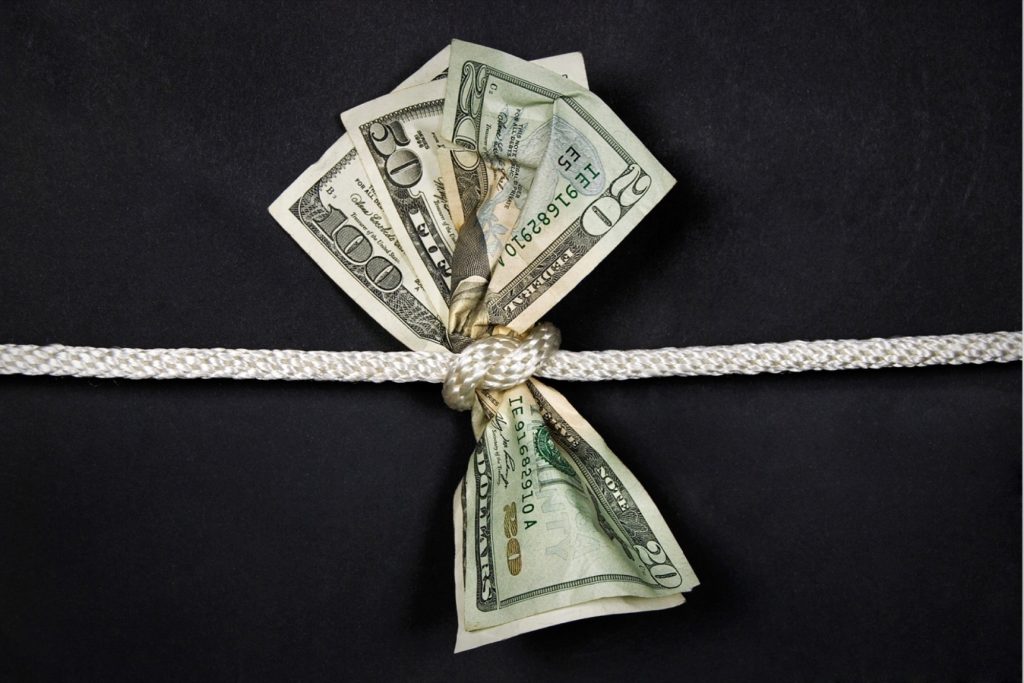
As the Olympic games are now underway, many of us might find ourselves glued to our screens, cheering on athletes vying for that prized gold medal.
Winning gold can potentially unlock a world of lucrative endorsements.
Golden Opportunities Post Victory
Take, for instance, Michael Phelps. After clinching 6 gold medals in the 2004 Olympics, his earnings from endorsements, with brands like Visa, began to soar. After his remarkable performance in the 2008 Olympics, his earnings went on to reach astronomical figures, making his net worth a staggering sum exceeding $55 million.
But it’s not just about Phelps. Think about Olympic gymnast Shawn Johnson or snowboarder Shaun White. The latter has a vast portfolio of endorsements with big names such as American Express, Burton Snowboards, and Red Bull, as reported by USA Today.
The Hidden Costs of Olympic Glory
However, behind the glitz and glamour of these success stories, lies a tale of immense dedication, sacrifice, and significant financial strain. For example, Forbes highlights that families of budding gymnasts might have to dish out around $1,000 a month, with this figure spiking further if the athlete reaches elite levels. Winter sports, like ice-skating, can drain families of tens of thousands annually due to coaching and attire costs.
Another hidden cost is the foregone earnings. Maya Lawrence, an Olympic fencer, mentioned in Forbes how she had to eschew full-time employment to train rigorously. Similarly, two-time Olympic snowboarder Tyler Jewell had to resort to a series of part-time roles, ranging from selling sausages at fairs to working on a concrete crew, as shared in Money.
Education can also take a backseat. Michael Phelps, for instance, opted for professional training over university education. Similarly, Shawn Johnson, in a conversation with BBC, recounted her struggle of forgoing a normal teenage life for rigorous training.
Unfortunately, only a handful reach the pinnacle like Phelps, Johnson, and White.
Life Beyond the Olympics
The rigors of Olympic competitions are undeniable. Shawn Johnson’s bid for the 2012 Olympics was cut short by an injury at the age of 20. Given such short athletic prime years and often a lack of formal education, what’s next for these athletes?
Many leverage their experience to become coaches or sports analysts. Some, like Bruce Jenner, venture into acting. Figure skaters frequently join professional ice skating tours, while others, surprisingly, find their calling in performances like Cirque du Soleil. Fabrice Becker, a 1992 gold-winning freestyle skier, opined in WSJ how many Olympians, even medalists, can struggle to monetize their sporting success.
So, as you cheer for your favorite Olympians over the coming weeks, spare a thought for the immense personal and financial sacrifices made behind those few minutes of glory. And remember, despite the highs and lows on the Olympic stage, there remains an uncertain road ahead for many of them.

